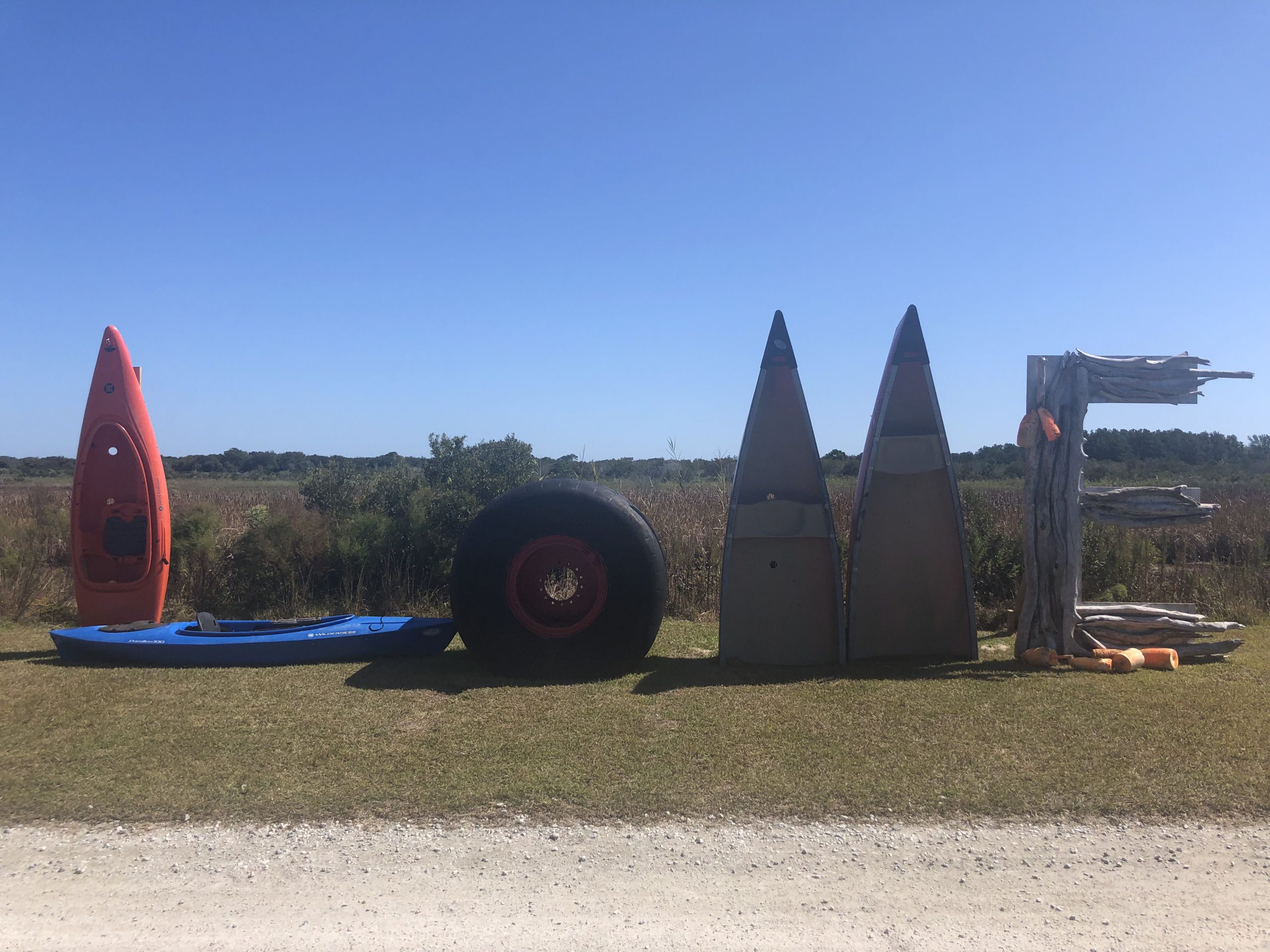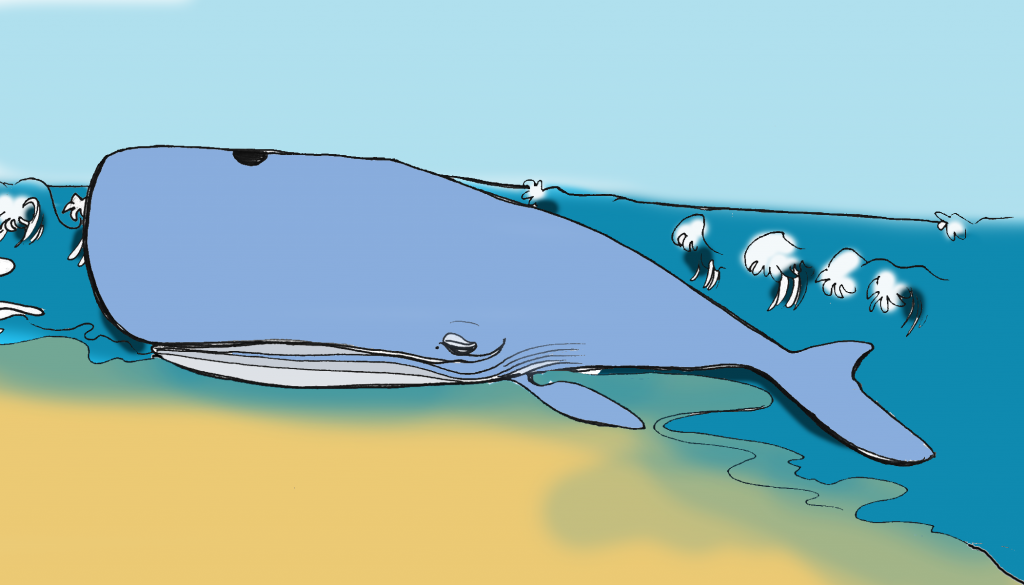Despite Virginia Beach’s moody weather, it’s finally getting warm enough to frequent nearby beaches and trails. With COVID-19 restrictions still heavily limiting indoor activities, it might be a good idea to plan a day trip to one of the three state parks within a short driving distance from campus.
The closest, First Landing State Park (2500 Shore Drive, Virginia Beach), was named for its historical location where English colonists first landed in 1607. First Landing State Park boasts the most versatile array of activities. While it is open from 8 a.m. to dusk, groups smaller than 10 people have access to all 10 of their self-guided hiking trails, select bike routes, an environmental education center geared towards a younger audience, playgrounds, restrooms, a snack bar, courtyard/picnic facilities, a gazebo and even an amphitheater (for graduation pictures). The price range for these universally accessible recreational activities is $4 per vehicle on weekdays and $5 on weekends.
For those interested in camping, there are over 200 rural camping sites that can cost between $24 and $32, depending on if you’re a Virginia resident or not or if you’d like to bring your pet. If you prefer glamping, there are also 20 cabins, or their new addition, yurts, for closer to $100 per night. There is a camping store on site and also access to electricity and water. For those on the hunt for a new fishing spot, included in this state park is The Narrows near 64th Street. Here, you can launch a boat for $4 and fish or crab as long as you have a valid saltwater fishing license. If you’re simply looking for a less crowded beach, the Chesapeake Bay Beach is an accommodating option.
Next in proximity is the Back Bay National Wildlife Refuge (4005 Sandpiper Road, Virginia Beach, VA 23456). This refuge is mainly concerned with conservation and resource management, as it was established in 1938 to provide a haven for migratory birds and has now extended to become a critical habitat for Virginia Beach’s wildlife. Bordering North Carolina, Back Bay does connect to a beach, but interaction with the water is strictly prohibited. For $5-7, a group smaller than 10 in one vehicle can access select fishing areas, limited biking trails, the Horn Point Kayak/Canoe Launch, and plenty of self-guided trails. Like most state parks, this area is open from dawn to dusk. Since the focus of the refuge is being a safe habitat for animals, some recreational activities are off the table, but this also means wildlife is very active. Bring your camera and be prepared to see a variety of aquatic and avian creatures.
The furthest from campus, but most event-oriented park, is False Cape State Park (4001 Sandpiper Rd., Virginia Beach, VA 23456), which is technically connected to the Refuge. False Cape remains a relatively untouched historical gem that was previously home to “Native Americans, the historic Wash Woods community and [the] Little Island Coast Guard Station.” Available to visitors are guided kayak trips, fishing, boating access, basic camping sites, hiking and biking trails and 6 miles of pristine Atlantic Ocean beach. From dawn to dusk for no charge, you’ll be able to take advantage of 3,844 acres of park extending to North Carolina.
If you prefer camping, there are four different sites with easy prices, $20 for Virginia residents and an additional $5 for non-residents. Out of all of the options, False Cape offers more planned events for young adults. On April 23, from 8:00 p.m.-11:00p.m., with a $10 fee and required reservation via phone call, you can experience False Cape After Dark, a guided nighttime hike. On the 2nd of May, from 1:00 p.m.-4:00 p.m., is an Afternoon Kayak Paddle. This also requires reservation and a $25 fee, but all equipment is provided. If you’re looking for volunteer events, be sure to check out their website, as there are plenty of opportunities.
Regardless of your college budget or interests, there is likely something enticing for you, if you’re looking to get off campus and for somewhere new to explore. With constantly evolving COVID restrictions, be sure to double check each park’s websites before visiting to see if new policies have limited or opened more recreational activities.
By Sasha Saxon
ansaxon@vwu.edu


